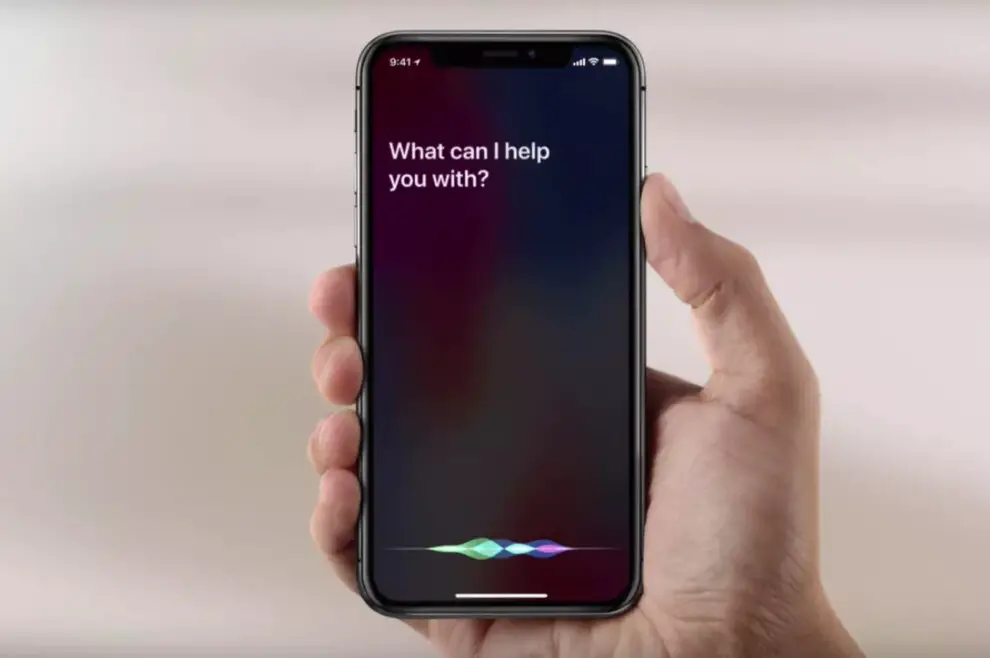Since the very beginning, there was one thing many Star Trek fans would’ve loved to see become reality: the voice interface of the computer. And while many of us won’t admit it, we feel like any of the many great captains over the history of the series when addressing our AI assistants. Some even changed their wake word for Alexa to “Computer”.
AI assistants are slowly becoming an integral part of our everyday lives. Statistics say that voice searches are increasingly common, and not only from smart speakers – our phones are becoming better at these queries as we speak. So let’s take a look at the four major AI assistant in use today and some of their great features.
Google Assistant
Since the latest Google Assistant update, Google’s own AI assistant has become even more capable. Now it can not only dial a number in our phone book and tell us a joke but take notes, schedule actions, and many others.
This year, it will get even smarter: soon, it will become capable of scheduling various tasks on smart appliances, read a web page, and integrate with more appliances like smart TVs and others.
Siri

Siri is a more exclusive experience, “living” on iPhones and other Apple devices only – but this doesn’t make it (her?) any less capable. It can initiate phone or Facetime calls, send emails, read messages, open apps, and many other things. Besides, it’s also a pretty capable currency converter, weatherman, and it’s also good at math.
With the release of iOS 13 last September, Siri has become even smarter by adding a brand new voice generation algorithm, offering more personalized results, and recognizing possible reminders and suggesting creating them from the text on the screen.
Cortana

Cortana is perhaps the least capable of all of the above but it’s improving fast. It has a major disadvantage compared to her two “colleagues” we mentioned above: “she” lives on desktops, and people usually don’t interact with those via voice. This doesn’t make her any less useful.
Cortana can handle basic tasks very well, and “she” has gotten a few new tricks up “her” sleeve that turn it into a great productivity assistant.
Cortana can send and scan emails, create meetings, join meetings on Microsoft Teams, open apps, and control Windows settings – all this with voice commands.
Amazon Alexa

Finally, let’s not forget Alexa, the AI assistant living in millions of living rooms. Alexa doesn’t have a tech giant behind it – it’s powered by Amazon, the world’s biggest online store. But its reach is expanding fast as manufacturers like Dell, Acer, and HP plan to use it on their Windows 10 devices.
Late last year, Alexa also received a series of brand new features: it can listen to window breaks and activate alarms, sends alerts, it can detect frustration in the voice of the user, and it can even apologize, control WiFi, and learn by experience which actions usually coincide with which, and suggest doing them later (like if you usually lock the door then turn on the light, it will suggest you do the latter when you do the former). And most importantly, it now comes with celebrity voices – like Samuel L. Jackson, for example, who will even say his favorite profanities if you ask it.







